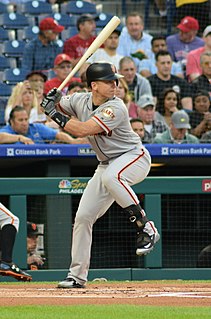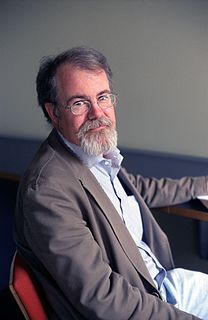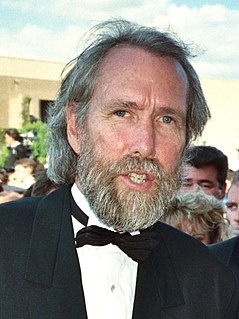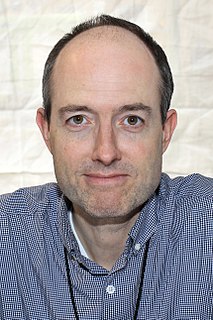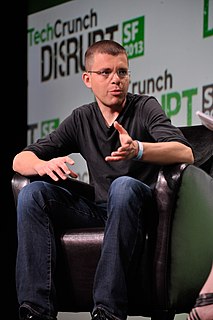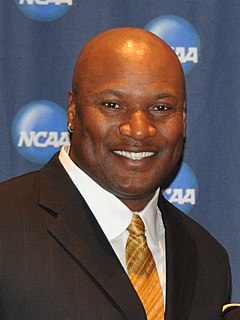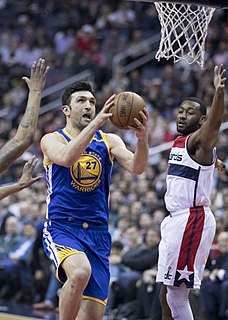A Quote by Buster Posey
As much as I think the sports world loves to try to predict everything, there are still some parts of it that can't be predicted.
Related Quotes
I think with more electric vehicles on the road, hopefully we'll still be able to drive some fantastic sports cars with big V8s, or V10s, or even V12s. Why not? If we can find a way to balance the automotive world, where ultimately, when we have most of the commuters drive electric cars, then we won't really have any issue with some sports cars driving around.
I think of sports writers as mediating between two worlds. Athletes probably think of sports writers as not macho enough. And people in high culture probably think of sports writers as jocks or something. They are in an interestingly complex position in which they have to mediate the world of body and the world of words.
I think there are two sides of the coin. On one hand, it can be challenging to access different parts of yourself, and you kind of have to put yourself back into reality when you're done with the job. But I think it's also really cool to have the ability to try on being different people and to explore some parts of yourself because you get to know yourself better. You get to know parts of yourself that you haven't met before. I think that's something that I've been learning more recently.
She loves you," the Prince cried. "She loves you still and you love her, so think of that--think of this too: in all this world, you might have been happy, genuinely happy. Not one couple in a century has that chance, not really, no matter what the storybooks say, but you could have had it, and so, I would think, no one will ever suffer a loss as great as you.
